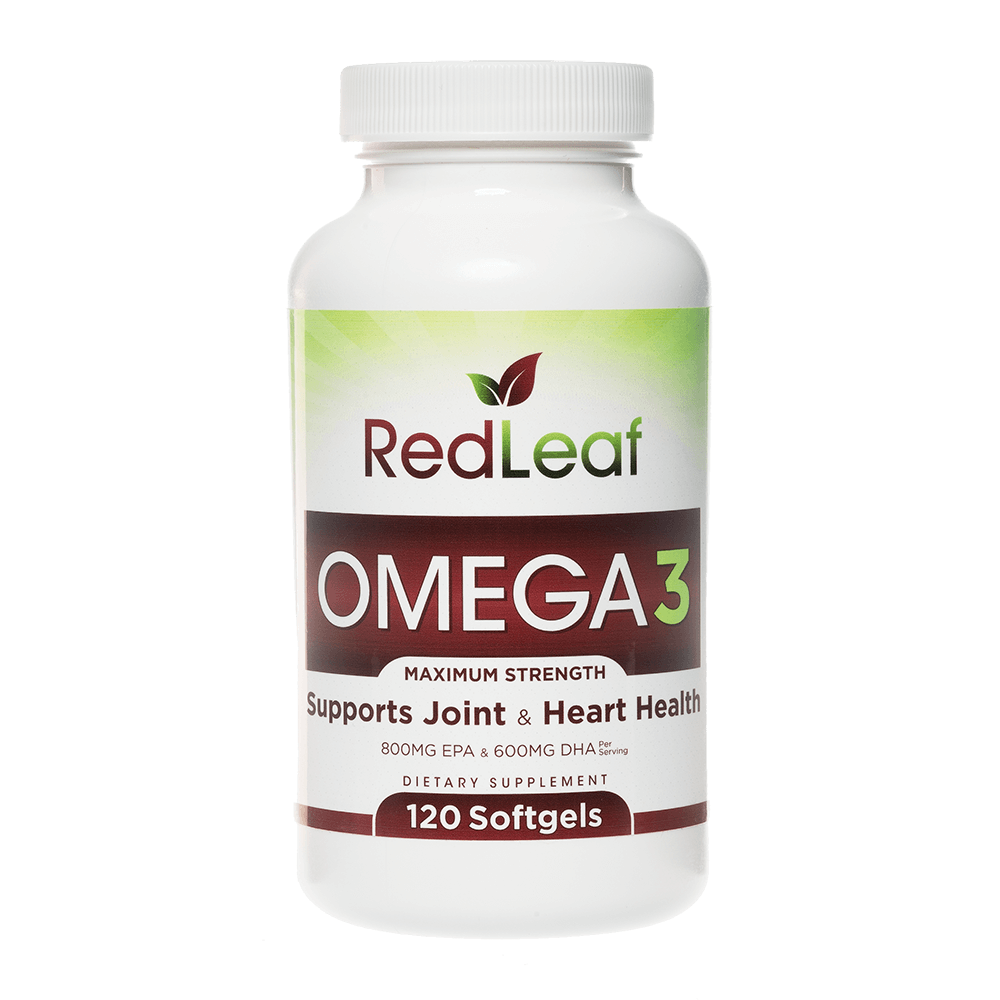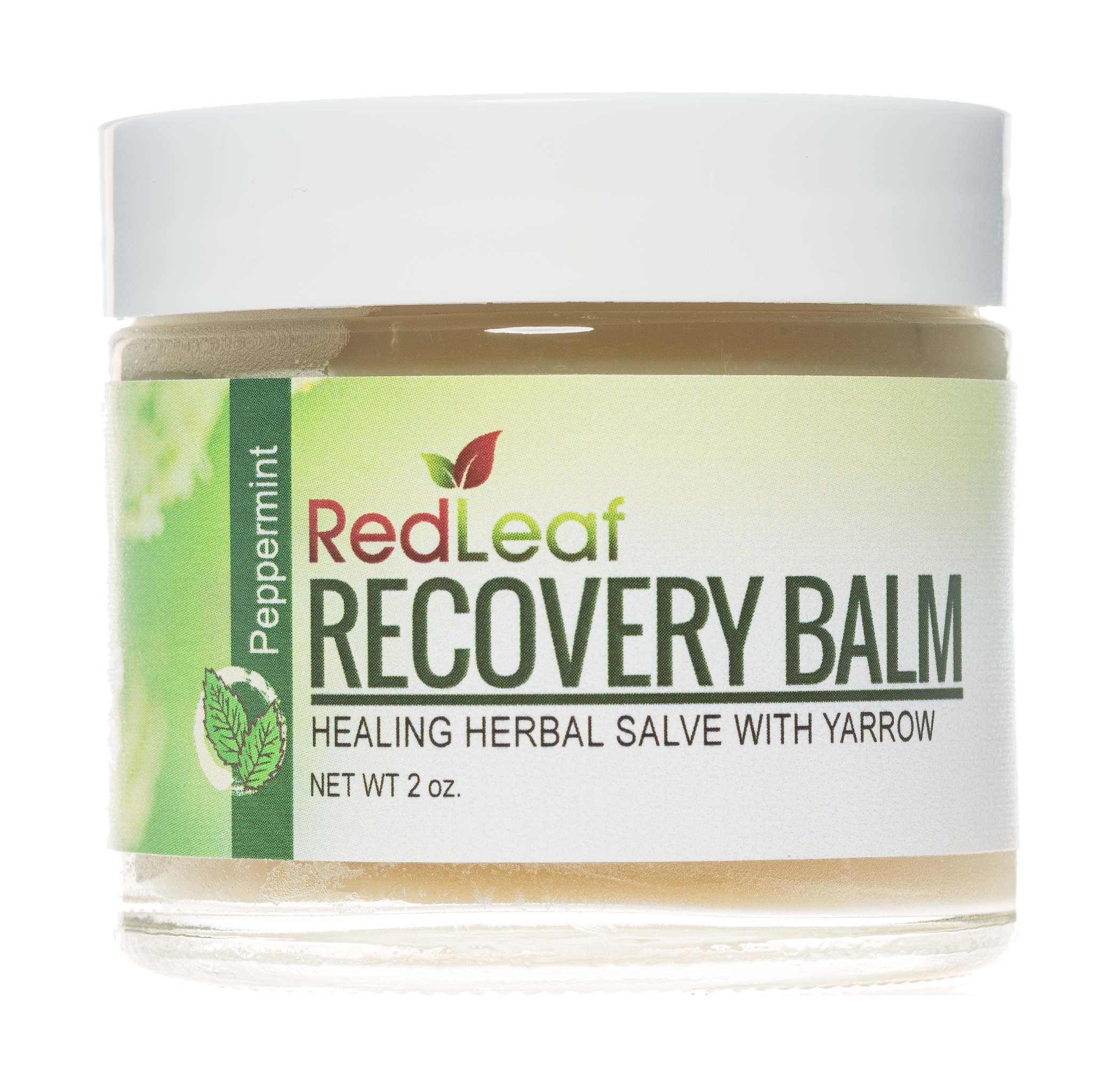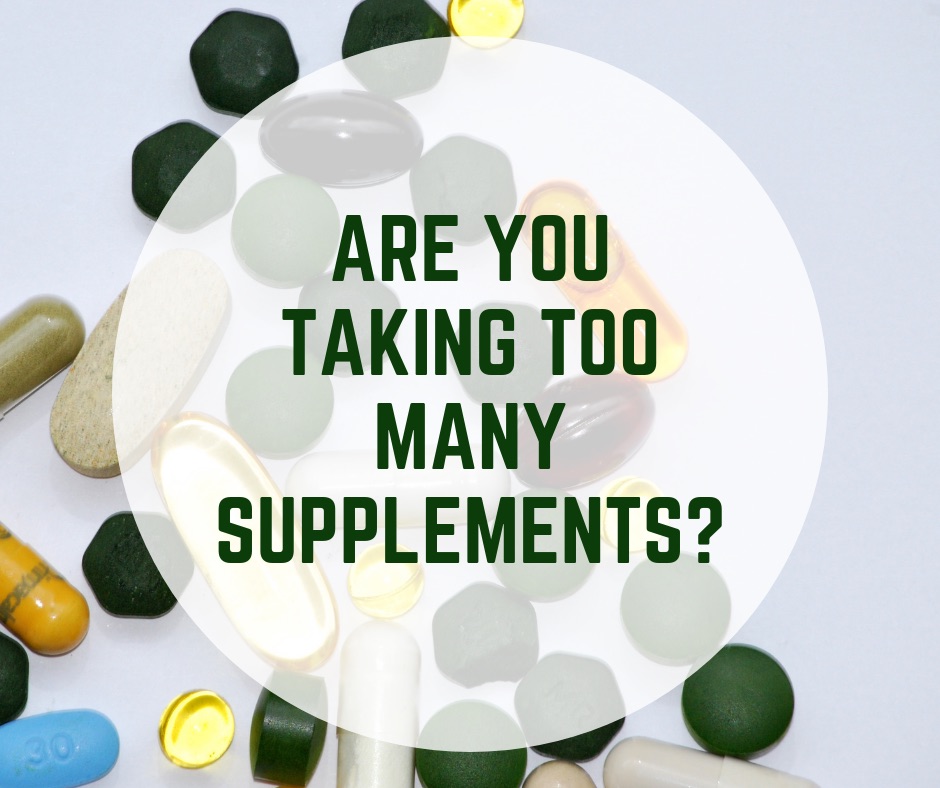
And as with most things in the health and fitness industry, the answer always begins with, “it depends,” and it does. The amount and types of supplements you should (or rather could) take depends on:
1. Your Goals”
If your goal is to gain muscle, you will need to supplement your diet with different products than someone whose goal is to improve aerobic capacity. Furthermore, if you are a lifestyle exerciser, meaning your goals tend toward general health improvement, you will have different supplement needs than an athlete training for performance.
2. Your Training Volume
If you do heavy strength training multiple times a day or complete 2+ hour lifting sessions 6-7 times per week, you will have different nutritional needs than, say, an endurance athlete training for a marathon.
3. Your Diet Quality
As we discussed last week, supplements shouldn’t replace whole foods in your diet unless you have a particular food sensitivity, allergy, or difficulty eating any specific food group.
For example, vegetarians and vegans may have to consume multiple protein supplements each day if they are engaging in regular strength training to ensure their body receives enough protein to recover and grow stronger.
Or, for a person with a gastrointestinal problem such as IBS, many vegetables cause digestive distress. These individuals may need to take more vitamin supplements than someone who is able to eat a large variety of veggies to ensure they are getting enough vitamins and minerals on a daily basis.
The last thing to consider when you are using dietary supplements is: are you taking too many? When used properly and for a specific purpose, supplements can be wonderful nutritional aids. However, when many are used simultaneously, issues can arise. Today, we are going to touch on some of these issues to keep you informed and prepared whether you already use supplements on the reg or are just beginning your research!
#1. Certain supplements, when taken at the same time, counteract one another, thereby slowing or diminishing the body’s ability to absorb them.
This isn’t news to us. We’ve all been to the doctor and been told, “don’t take x if you are also taking y.” It’s true with pharmaceuticals and it’s also true for vitamins and nutritional supplements.
A great example is with calcium and iron, both of which are very important for overall bone health and strength. Calcium is widely accepted as the most important mineral when it comes to building strong bones. Iron, however, is also extremely important for bone health because it helps the bloodstream transport oxygen to the rest of the body AND it plays a major role in collagen synthesis and vitamin-D metabolism.
Both minerals are important; there is no denying that. But various studies have shown that calcium inhibits the absorption of iron in the body. So, while it may be convenient to take all of your vitamins at once, doing so may actually diminish their effectiveness.
If you need to supplement both calcium and iron because you aren’t getting them from your diet, try taking your iron supplement before breakfast and splitting your calcium dosage between lunch and dinner. That will ensure that you are actually absorbing both of these minerals and putting them to use!

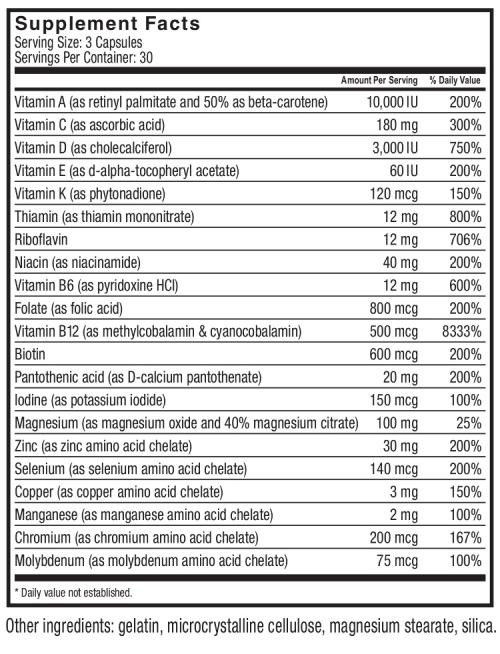
#2. Read your supplement labels CAREFULLY!
This point is the most important of them all for a handful of reasons…let’s start with the obvious first.
Many of you probably take a multivitamin and good for you. Multi’s are great if your diet is lacking in fruits and veggies or excludes any particular food group because they typically contain a wide variety of vitamins and minerals, including B-Complex vitamins, calcium and vitamin D, iron, vitamin A, C, and K, and the list goes on. It’s a one-stop shop for health, right?
Well, maybe. For most people who eat a well-rounded diet of meats and vegetables, nuts and seeds, some fruit and whole grains, little starch and no sugar, they are getting sufficient vitamins and minerals from whole foods. In that case, a multi-vitamin can be quite excessive.
Taking too much calcium can lead to hypercalcemia, which can “weaken your bones, lead to the development of kidney stones, and interfere with brain and heart function.”
Moral of the story: read your labels and pay attention to the QUANTITY of ingredients in your vitamin supplements. Especially if you don’t have dietary restrictions that absolutely require supplementation, you don’t need to be taking 200% the daily recommended value of any substance.
Now let’s look at sports nutrition products, such as pre-workout, protein supplements, and recovery products. This is where label reading gets really important.
There are far fewer FDA regulations on dietary supplements as a whole, including vitamin and mineral supplements. This, unfortunately, leads to some manufacturers taking advantage of big brother’s absence and a lot of ingredients go unlisted on labels. This is particularly common in the space of the sports nutrition products we mentioned above. Many companies hide ingredients, especially caffeine, under “proprietary blends” so you can’t know with certainty what you’re putting in your body.
At ISN, we believe that the lack of regulation actually holds us to a higher standard of responsibility. Because the FDA isn’t as harsh on dietary supplements, we believe that it’s our responsibility to bring you the highest quality, cleanest ingredients and list all of them right on the label. You deserve to know what you’re putting in your body. That’s just good business.
But back to labels- let’s look at pre-workout as an example.
The FDA states that daily caffeine intake should not exceed 400mg. So if you have ONE serving of pre-workout at 150mg caffeine (and I KNOW some of y’all are double-scooping…) you’re nearly halfway to your daily limit. If you happened to have one cup of coffee in the morning, which averages around 90mg caffeine per 8oz, and an energy drink in the afternoon, let’s call that 200mg…you’ve consumed 440mg caffeine in three beverages.
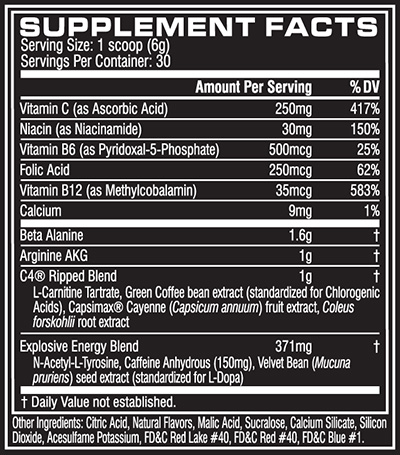
That’s why reading your labels matters. Cut that 150mg pre-workout in half. At 75mg caffeine, you can take almost two scoops of Red Leaf Pre-Workout Energizer (40mg per one scoop) and still get all the energizing benefits of beta-alanine and BCAA’s, without over-consuming caffeine.
If I see a pre-workout supplement label that shows 150mg caffeine and a “proprietary energy blend,” I can bet that there is extra caffeine added to that blend and I will likely be consuming 200mg+ caffeine in that one drink. And honestly, guys, that’s a LOT of caffeine to consume all at once.
So check your supps. If your labels aren’t clear and transparent, I’d recommend researching some different brands. And before you even read reviews, always check the label.
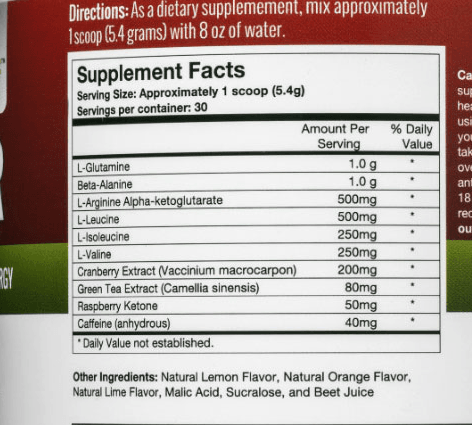
#3. Don’t let supplements replace whole foods.
We’ve said it a million times and now we’re saying it for the 1,000,001st time: supplements should not replace whole foods in your diet if they don’t have to! I mean it says it in the name- they’re supplements…not essentials.
A great example of this is with protein. I see this all the time as a CrossFit coach. A lot of my ladies don’t enjoy eating meat. They just don’t like the taste, don’t want to deal with cooking it, and would rather eat carbs and fats all day long. However, it becomes increasingly important as we age to eat a well-balanced diet because our bodies naturally begin to lose muscle mass, bone density, and strength the older we get.
The ladies will often come to class and tell me, “well I had a protein shake, and a protein bar, and another protein shake, and peanut butter (which is NOT a protein, guys. It contains protein, but peanut butter is a fat), and a protein pancake…” you get the gist. All supplemental protein.

If you find yourself always reaching for the Kodiak cakes or protein powder instead of a non-processed protein source, you may want to re-evaluate how often you’re using supplements.
Nutrition supplements are wonderful products that are meant to be used to level up an already-healthy diet. So, when we’re finished here, take twenty minutes to read your labels and clean out your cabinets. Ditch the devious products, stick to mineral supplements that you need based on your existing diet, and then head to your local grocery store and stock up on whole foods. Happy cleaning!
*If you have any specific questions on which supplements you should use given your current medications and health status, always talk to a medical professional. We do our best to always come to you with research-backed information and recommendations, but we cannot give personal medical advice.

